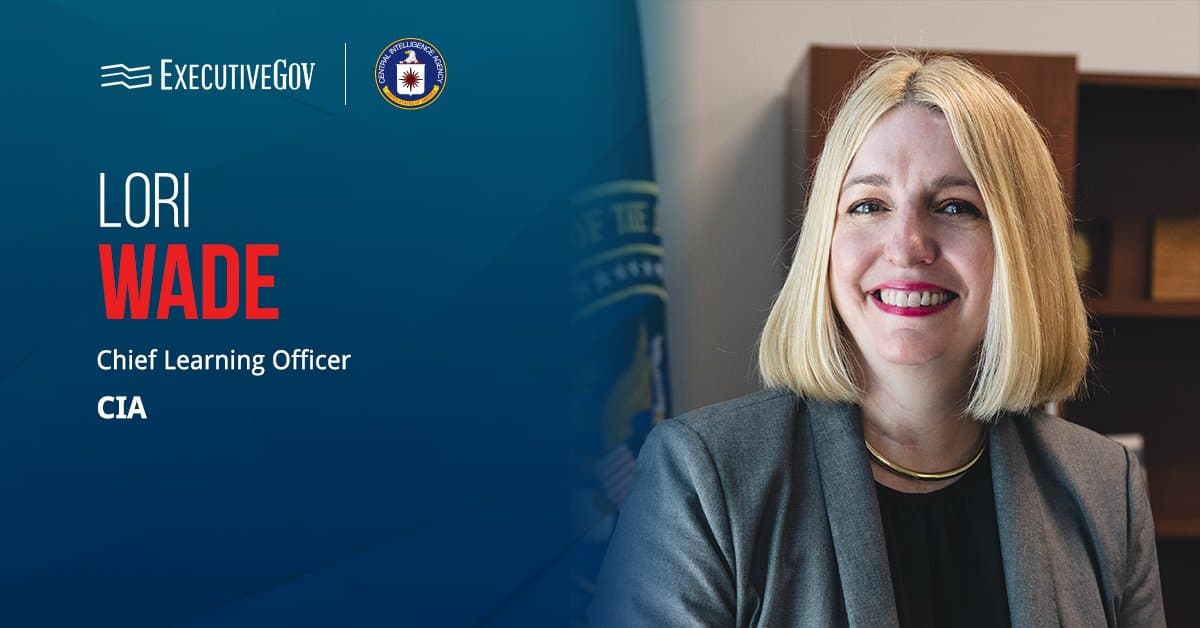 The Department of Energy’s National Nuclear Security Administration has selected Texas A&M University to administer a center of excellence on low-energy nuclear science under a five-year, $10 million agreement.
The Department of Energy’s National Nuclear Security Administration has selected Texas A&M University to administer a center of excellence on low-energy nuclear science under a five-year, $10 million agreement.The university will manage the Center for Excellence in Nuclear Training and University-based Research in support of the Stewardship Science Academic Alliances program, DOE said Thursday.
Sherry Yennello, a professor in the university, will lead CENTAUR to conduct experimental and theoretical efforts that revolve around nuclear structure and reaction properties.
Initiatives will primarily focus on radioactive beam applications. Florida State University, Washington University, the University of Washington and Louisiana State University serve as CENTAUR’s academic partner institutions.
The SSAA program intends to support research and development efforts that contribute to NNSA’s mission of manage nuclear stockpiles.





